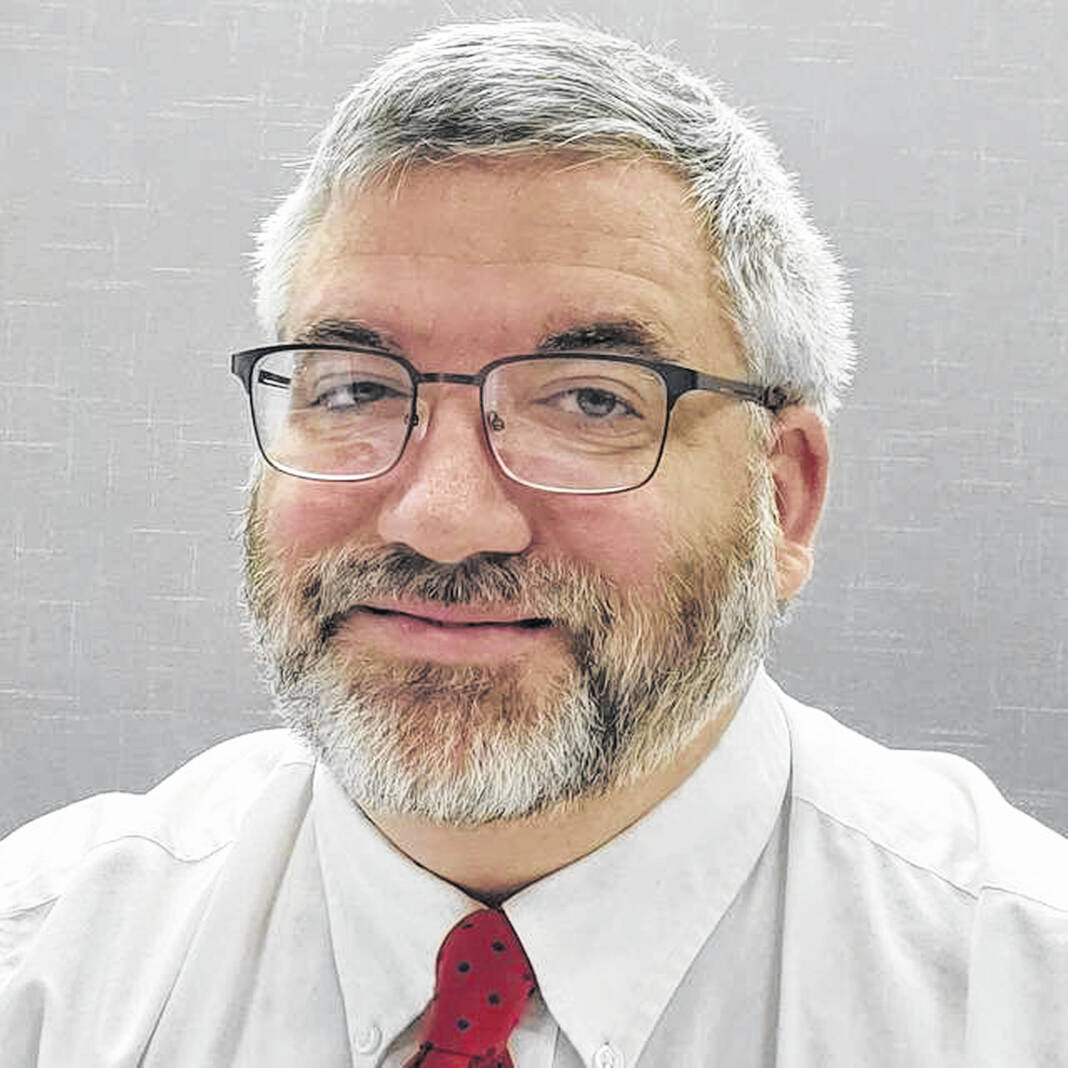
Everything I learned about love, war and medicine probably came from watching M*A*S*H as a child.
I didn’t really realize that until I invested the time in rewatching the whole series recently on the Hulu streaming service. I’m grateful for it, though, as we’ve recently marked the 50th anniversary of the medical comedy’s first airing on Sept. 17, 1972.
I wasn’t really thinking about the anniversary when I started watching it. I generally like to have a comedic series I can stream at my leisure, and the nostalgia tickled me. I recall watching the gang’s adventures in Korea with my family, both live in my youth and then later in reruns.
What boy watching it wouldn’t have identified with the suave ladies man and most talented surgeon in camp, Benjamin Franklin “Hawkeye” Pierce? With Alan Alda’s character’s quick one-liners, Groucho Marx-ish delivery and ability to cut through tension with a joke, he was what I’d wanted to be when I grew up. He had the right mix of machismo, sensitivity and thoughtfulness to get through any situation.
It’s funny how time changes your perspective. Characters I never really thought much about as a child, such as Mike Farrell’s B.J. Hunnicutt and Harry Morgan’s Sherman Potter, suddenly became the characters with whom I identified in the ensemble cast.
Both were family men, doing their best in the tough situation of living thousands of miles from their wives and children in the mobile army surgical hospital. Their moral compasses mattered.
It amused me that in the final episode, “Goodbye, Farewell and Amen,” one of the biggest laughs from the cast came when Hunnicutt said his plans were to leave his wife and catch up with some woman he supposedly met earlier in the episode. No one else in the 4077th in that Feb. 28, 1983, episode believed his ruse; he’d spent his entire time on the series yearning to get back to his wife, Peg, and daughter, Erin, back in the U.S.
The same was true with Col. Potter, the gruff but lovable leader who demanded respect but clearly loved his wife.
With more life experience behind me, I realized Pierce was selfish and unrefined most of the time. He lacked impulse control until later in the series. Bouncing from nurse to nurse in camp was despicable. He wasn’t an example of adult masculinity so much as a warning about it.
The series isn’t perfect, and portions of it haven’t aged well. It frequently had a dismissive attitude toward the women in the series, going so far as to generically call different actresses nurse Baker over the years.
While it was on the air at the same time as “Good Times” and “The Jeffersons”, it was generally dismissive to Blacks. It started with a Black surgeon, Oliver “Spearchucker” Jones, who vanished after six episodes without explaining why, although it was later described as being a matter of historical accuracy about how few Black surgeons there were during the Korean “police action.”
Still, in its 11 seasons, it offered an unrelenting look at the costs of war that growing up in Ohio generally overlooked, from the casualties to the physical and emotional injuries soldiers suffered. It certainly counteracted the glamor of war sometimes expressed in popular culture.
It tackled difficult issues such as homophobia, racism and classism with a bit of class and a bit of humor. It reminds you that laughter is still the best medicine.
David Trinko is editor of The Lima News, a division of AIM Media Midwest. Reach him at 567-242-0467, by email at [email protected] or on Twitter @Lima_Trinko.


